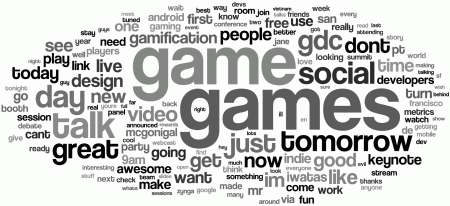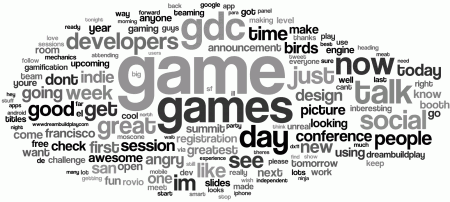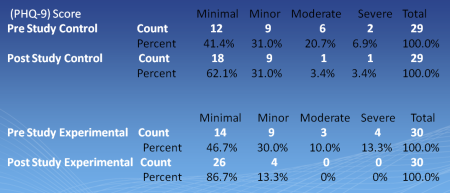The new special issue of Game Studies on Game Reward Systems is out. This issue was edited by Mikael Jakobsson and Olli Sotamaa.
Editorial
Editorial.
by guest editors Mikael Jakobsson and Olli Sotamaa
The guest editors introduce this special issue on game reward systems by discussing its origin, the focus, the need for further studies, and by presenting the included papers.
Articles
by Christopher Moore
Virtual millinery items were introduced as achievement based rewards for players of Team Fortress 2 in 2009. With attention to these highly sought after items, this article is concerned with promoting attention to the many ‘affects’ involved in the design and play of First Person Shooter (FPS) games.
*
by Jason Begy, Mia Consalvo
Multiple frameworks for examining the motivations and achivements of MMO players exist, but many are based on assumptions about what kinds of fictional worlds these games contain. Using examples from the casual MMO Faunasphere, this paper argues that any such examinaton must start with the particular game’s fiction and rule systems.
*
by Mikael Jakobsson
Xbox 360 achievements are explored through casuals, hunters and completists. The dichotomy between MMOs and console games is questioned by framing Xbox Live as a MMO. The ambiguity towards achievements is seen as a result of deeply rooted ideas of what games should be; while at the same time appealing to some of games’ most fundamental pleasures.
*
by Alison Gazzard
By exploring ideas surrounding exploration, obstacles and avatar death, this article seeks to understand the various ways in which both space and time create reward systems in the gameworld. New categories of rewards are defined in relation to how goals may be constructed within different genres of videogames.
*
by Ben Medler
This article presents a framework for understanding player dossiers, data-driven visual reports comprised of a player’s gameplay data. The framework describes how dossier systems validate player motivations and contextualize recorded gameplay allowing players to analyze or share the resulting data.
*
by Paul Williams, Keith V. Nesbitt, Ami Eidels, David Elliott
This paper outlines the development of a top-down shooter designed to investigate the psychological phenomenon known as the ‘hot hand’. Such a game requires a well-balanced risk and reward structure. We chronicle the iterative tuning process, focusing on quantitative analysis of how players adapt their risk taking under varying reward structures.
*
by Douglas Wilson
This article presents a case study of designing an intentionally “broken” console party game. Using Henning Eichberg’s concept of the “impossible game” and Bernie DeKoven’s notion of the “Well-Played game,” the article argues that “self-effacing” games of a certain type can help nurture a distinctly self-motivated and collaborative form of play.





